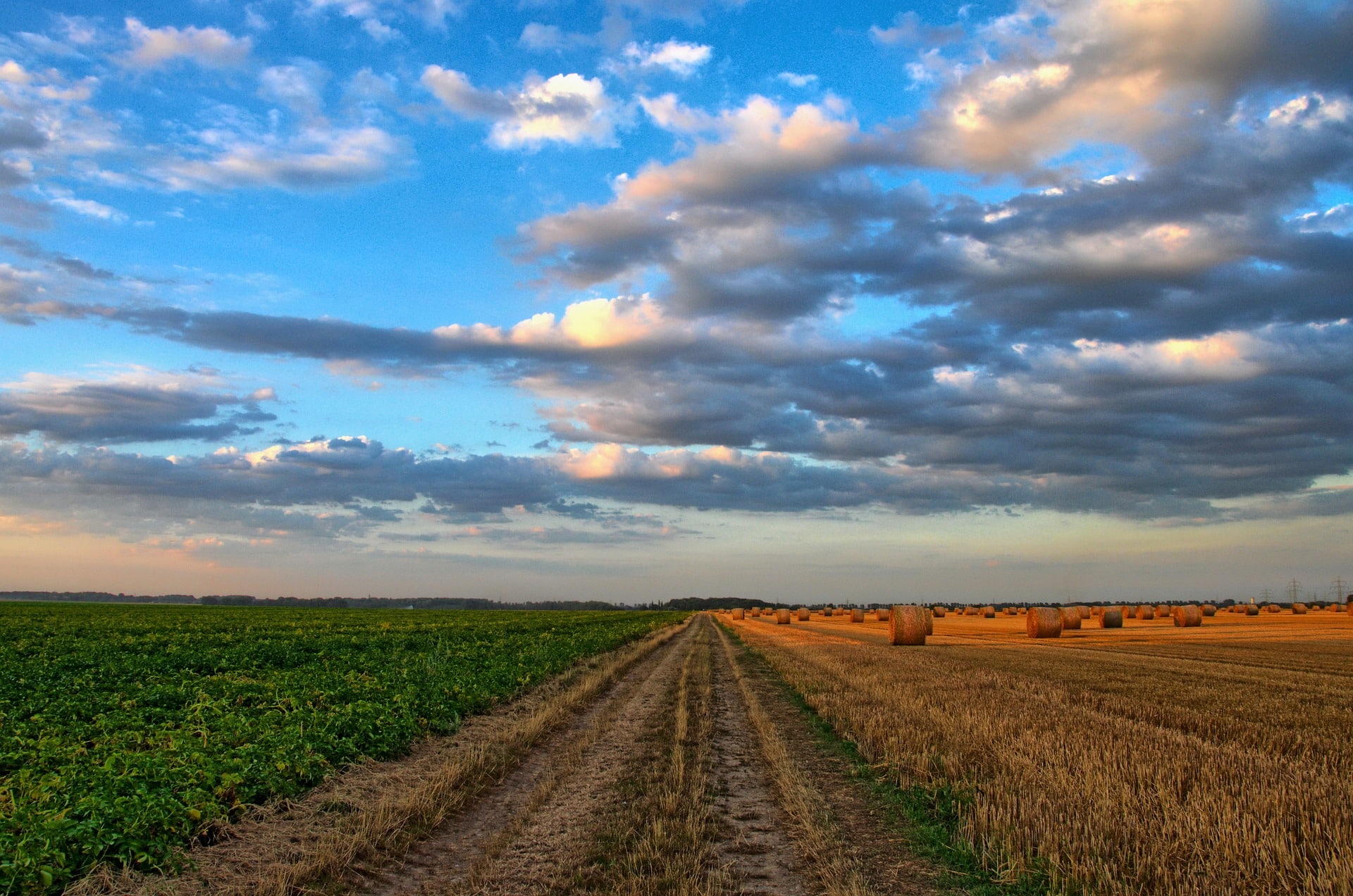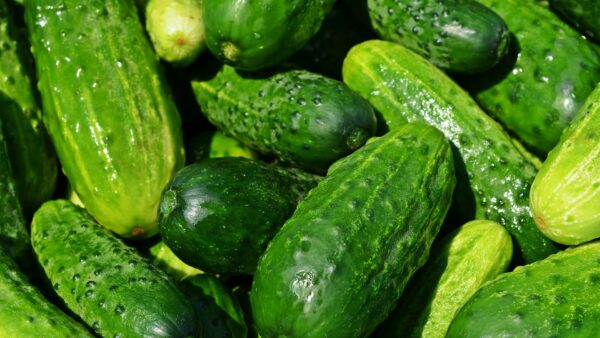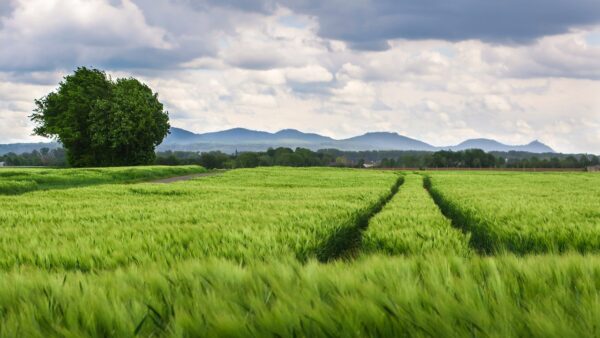Does organic food reduce our environmental footprint?
Organic food is not simply an alternative to conventional food but, for many consumers, it carries the weight of a moral and social responsibility towards the planet. Organic products are considered more natural, ethical and sustainable, although more expensive.
On the other hand, it is often pointed out that organic farming has many contradictions as it is a first world luxury that, if extended to everyone, is not environmentally friendly at all.
The topic is complex and there is the need to underline what is marketing and what is science in order to create real awareness on the subject and correctly inform consumers about the food they buy and eat.
Antioxidants and vitamins
Although organic food is commonly considered healthier and more nutritious, the subject is quite controversial. A meta-analysis, analyzing 343 scientific articles, concluded that products derived from organic farming often have a higher concentration of antioxidants. This can be explained by the fact that plants, in organic farming, produce more secondary metabolites in response to the higher pest pressure compared to conventional farming.

Some studies found that organic food has more vitamin C and omega 3, others found that there are no significant differences.
These conflicting results might prove difficult to understand. A meta-analysis on nutrition by the World Health Organization (WHO) states how crucial it is to make sure we consume enough vegetables, regardless of how they are produced. The slight increment in percentage of antioxidants or vitamins becomes irrelevant when compared to recommended total amount per day.
Pesticides
In organic farming (most of) synthetic pesticides cannot be used. Contrary to common belief, this does not mean that organic farmers do not use pesticides, but that there is a precise list of active compounds that are allowed. Consumers should know that organic does not mean pesticide-free.
Several studies have reported that organic food contains less residues of pesticides than conventional food, but the doses found on conventional food were anyway much lower than the maximum allowed limits.
At present, the big risk for health does not come from pesticides residues, but from the contamination of food with bacteria and fungi, and this risk is the same whether we eat organic or not.
Environmental footprint
Several studies investigated whether organic food reduces our environmental footprint but none could state with certainty that one method is better than the other.
A study from the Swedish Food Agency found that organic farming consumes less energy and uses fewer pesticides, but conventional agriculture needs less land to produce the same amount of product. As regards CO2 emissions, no significant differences were found.
The yield drop in organic farming is probably its biggest limit.
The Indian state of Sikkim, converted to 100% organic farming. From data provided by its Department of Agriculture, 2015-16 rice, wheat, and grain legume production was down of 56% from 1995-96.
Wageningen University made an extensive bibliographic analysis of 362 yield reports referring to 24 crops, and showed that organic produces on average 20%-24% less than conventional.
Wrapping up
Does it make sense to separate organic and conventional farming?
Scientific evidence shows that for our health it is crucial to consume enough vegetables, but it makes no difference if they are organic or not. Moreover, the distinction of between synthetic and natural-based pesticides it is entirely arbitrary, without a scientific basis.
The distinction of food in two “brands”, organic and conventional, makes absolutely no sense. It responds to a marketing logic that creates an elite product quite distinct from a mass product. Most countries are not self-sufficient for most of the agricultural products, and converting an entire nation to organic farming, would make it highly dependent on foreign countries.
And when a large part of the organic food we consume comes from thousands of kilometers away, its already high level of carbon footprint, would increase even more.
Organic farming has given voice to the desire of many consumers and farmers for a more environmental-friendly agriculture and less pesticide use. A path that, in recent years, thanks to EU directives, has already been taken through a ban of several pesticide, considered dangerous for the environment.
Wouldn’t it make more sense to keep encouraging the use of integrated pest management, agronomic practices and products with a low environmental impact, creating a single form of responsible agriculture that combines the strengths of the two?
Bonus tip
There is a simple formula to reduce our environmental impact when buying food: forget organic or conventional products and choose seasonal fruit, produced as close to where they are sold as possible. The rest is just marketing.
Editor’s Note: Giovanni Cagnano is founder and editor at ‘Missione Scienza’, an Italian group of enthusiasts who believe that science should be accessible to everyone. https://www.missionescienza.it/
Read more from the September Issue:
The Need for a European Pro-Science Lobby
A Peek Behind the Curtains of German Seed Companies
Mission Impossible? Or not? Weening Europe Off of External Gas Suppliers










